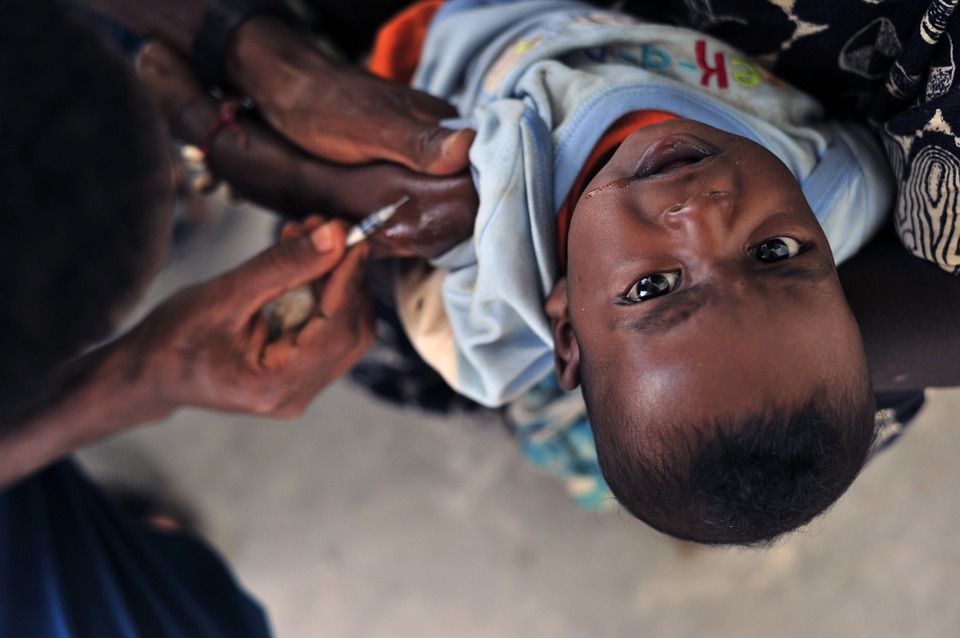by Ramon Tomey, Natural News:
 Note: Big Pharma company Pfizer Inc. has bribed physicians, engaged in corrupt practices and killed children in trials without parental consent. But politicians and mainstream media are trying to conceal these crimes in a web of revisionism, deception and lies. To untangle that web and refresh our memories, Natural News staff put together a series of articles documenting Pfizer’s crimes against humanity. A special thanks to @KanekoaTheGreat for compiling relevant stories that exposed Pfizer’s evil deeds and sharing them on Substack.
Note: Big Pharma company Pfizer Inc. has bribed physicians, engaged in corrupt practices and killed children in trials without parental consent. But politicians and mainstream media are trying to conceal these crimes in a web of revisionism, deception and lies. To untangle that web and refresh our memories, Natural News staff put together a series of articles documenting Pfizer’s crimes against humanity. A special thanks to @KanekoaTheGreat for compiling relevant stories that exposed Pfizer’s evil deeds and sharing them on Substack.
TRUTH LIVES on at https://sgtreport.tv/
***
In June 2007, Pfizer was sued by the federal government of Nigeria. The complaint demanded the New York-based pharmaceutical company to pay $7 billion in damages caused by its illegal drug trials on children.
According to a June 2007 report by the Guardian‘s Chris McGreal, the suit stemmed from unauthorized trials of the experimental antibiotic Trovan. Back in 1996, the northern Nigerian state of Kano experienced a meningitis outbreak – which also served as a trial opportunity for Pfizer.
However, 200 Nigerian children were signed up for the experiment without the approval of local regulators. At least 11 children died as a result of being administered with Trovan while several others developed serious conditions, including brain damage and paralysis.
“The plaintiff contends that the defendant never obtained approval of the relevant regulatory agencies, nor did the defendant seek or receive approval to conduct any clinical trial at any time before their illegal conduct,” said the complaint filed by the Nigerian federal government.
The Kano state government had also filed civil and criminal complaints prior to the one filed by Abuja, the capital city. This separate lawsuit sought $2 billion in damages from Pfizer, a far smaller amount compared to that filed by the federal government.
Bryant Haskins, a spokesman for Pfizer during the time of the trials, said in a statement that Trovan was administered in accordance with Nigerian law.
“These allegations against Pfizer, which are not new, are highly inflammatory and not based on all the facts,” he remarked. “We continue to maintain, in the strongest terms, that the Nigerian government was fully informed in advance of the clinical trial; that the trial was conducted appropriately, ethically and with the best interest of patients in mind; and that it helped save lives.
The pharmaceutical giant has previously said it obtained “verbal consent” from the parents of the affected children, and that Trovan was administered to the children in a way that was “sound from medical, scientific, regulatory and ethical standpoints.”
Pfizer enters settlements with Nigerian federal, state government
The June 2007 lawsuit filed by the Nigerian federal government did not last, however. Abuja told the court in January 2009 – a year and a half after the complaint was filed – that it has agreed to settle the lawsuit with Pfizer out of court.
In April 2009, the Kano state government and Pfizer agreed to settle the $2 billion lawsuit for a lower amount of $75 million. Anthony Idigbe, Pfizer’s lead counsel in the case, told reporters: “I want to report that [a] broad and principal fundamental agreement has been reached between [the] Kano state government and Pfizer.”
The $75 million was broken down into three parts, with $35 million set aside to establish a fund for people that participated in the drug trial. Health care initiatives in Kano would be underwritten using $30 million from the settlement, while the state’s legal costs were reimbursed with the remaining $10 million. Pfizer and Kano state reached a final settlement in August. (Related: Pfizer to Pay Tens of Millions for Deaths of Nigerian Children in Drug Trial Experiment.)
It was only in August 2011, two years after Pfizer and Kano finalized the out-of-court settlement, that the first payouts were made. The BBC reported that the drug giant paid out an initial $175,000 each to four families whose children were affected by the Trovan trials. While the parents welcomed the payment, they commented that the money would not replace the loss of their loved ones.




